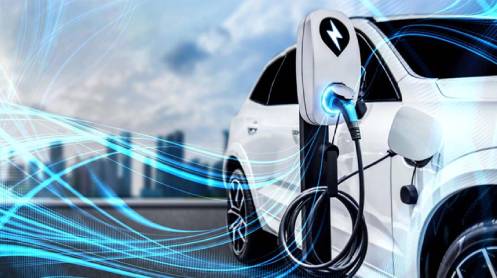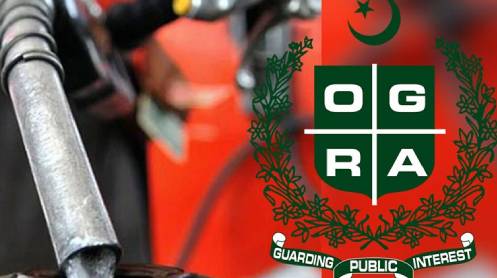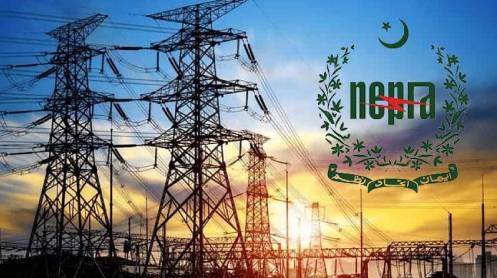Islamabad: The government has granted licences to 57 electric vehicle (EV) manufacturers, marking a major step towards a cleaner and more sustainable transportation system. This initiative aligns with the National Electric Vehicles Policy (NEVP) 2019, which aims for 30% of all passenger vehicles and heavy-duty trucks to be electric by 2030, increasing to 90% by 2040.
The policy also targets two- and three-wheelers, as well as buses, with 50% of new sales expected to be electric by 2030 and 90% by 2040. To boost local EV production, the government has issued 55 licences for two- and three-wheelers and two for four-wheeler assembly.
To support EV adoption, charging infrastructure is being developed, including fast chargers and battery swapping stations. Additionally, the government is offering consumer incentives, such as free registration, exemption from annual token fees, and toll tax waivers. Plans are also underway to establish EV zones in each province, including Islamabad.
However, progress has faced challenges. A Senate Standing Committee recently reported that only 60,000 EVs had been produced by the end of 2024, falling far short of the 600,000 target. To accelerate demand, the government has reduced the power tariff for EV charging stations by 45%, lowering costs from Rs71.10 per unit to Rs39.70, effective by February’s end.
The energy ministry is also working to reduce petroleum dependence, as Pakistan’s 30 million two- and three-wheelers consume over $5 billion in fuel annually. A plan is in place to convert one million two-wheelers to electric, saving $165 million in fuel import costs each year.
With incentives, infrastructure expansion, and policy support, the government anticipates a return on investment exceeding 20% in the EV sector, positioning Pakistan for a greener transport future.





